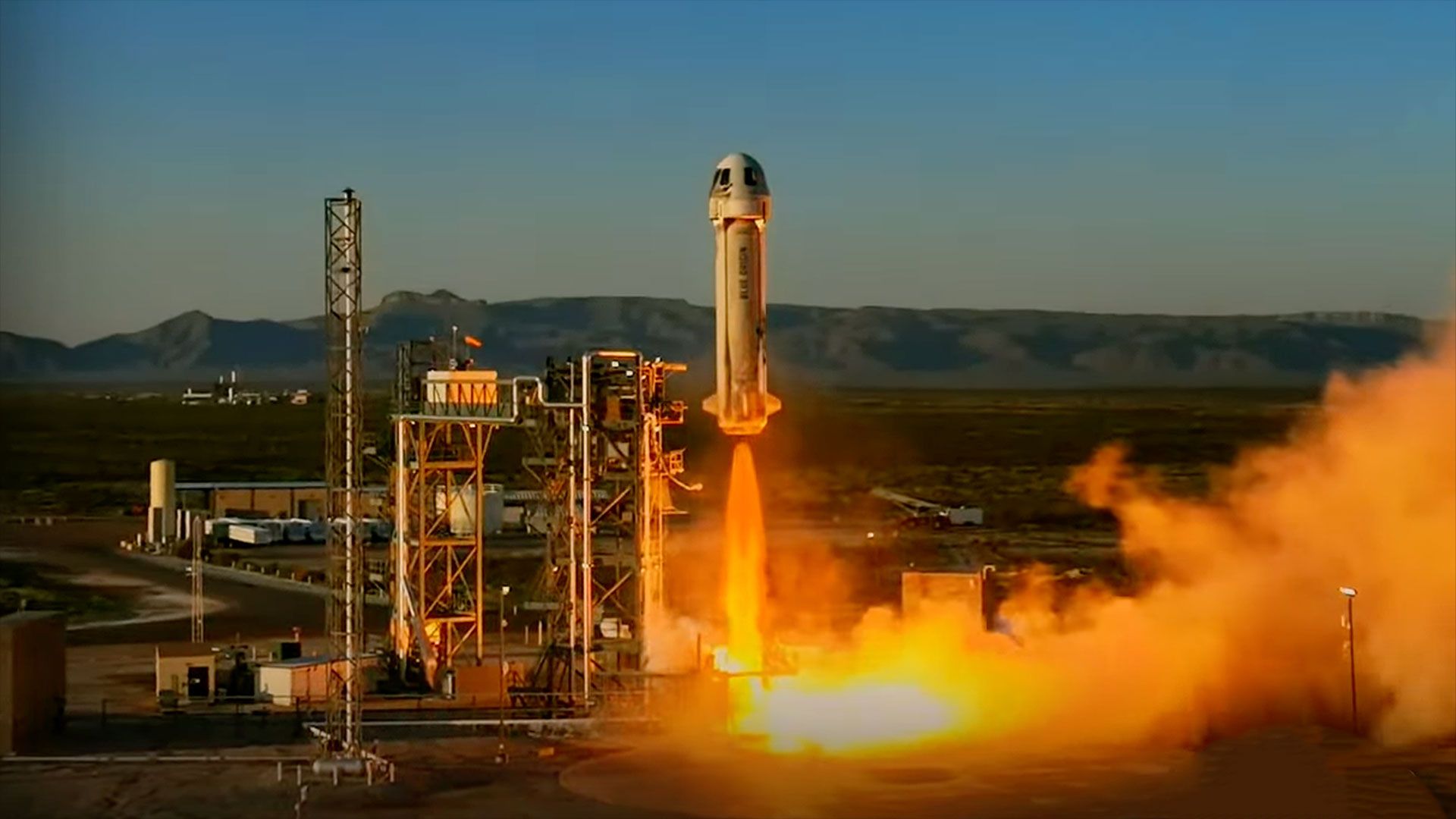
With groundbreaking movies like Blade Runner and Back to the Future, the ’80s shaped science fiction like no other decade. However, a closer look at the 2020s reveals how we are smack-dab in the middle of another incredible sci-fi era that comes close to matching, or perhaps even surpassing, the ’80s.
Although sci-fi, as a genre, keeps experiencing many ebbs and flows, some of its best offerings emerge when the growing cultural anxieties surrounding new technological developments collide with the visions of brilliant filmmakers and storytellers. This is a combination that the ’80s delivered in spades, and the 2020s, too, are starting to show a similar trend.
Other Decades Come Close, But The 1980s Still Stands As The Gold Standard For Sci-Fi
With the resurgence of the Cold War and the escalation of the arms race in the ’80s, there were growing anxieties surrounding global conflict and resulting nuclear tensions. This not only paved the way for films like WarGames that directly reflected the paranoia surrounding a feared World War III, but also inspired the primary settings of many post-apocalyptic movies like Mad Max.
The Cold War paranoia gradually creept into sci-fi subgenres, setting the stage for timeless horror classics like The Thing and They Live. Meanwhile, movies like The Terminator tapped into a cultural zeitgeist by envisioning what unchecked technological developments and a lack of human agency could lead to.
Although cyberpunk, as a sci-fi subgenre, already had its roots set in the works of Philip K. Dick and William Gibson’s early short stories, it is movies like Blade Runner, RoboCop, and Brazil that gave it a wider appeal. From themes of corporate control to philosophical implications of AI advancements, the new wave of cyberpunk noir cinema explored it all.
Even outside the Western cinema, anime movies like Death Powder and Akira adopted extreme imagery to wrestle with the idea of humanity embracing the dangerously disastrous consequences of forced evolution and governmental overreach. Not all additions to sci-fi in the ’80s were bleak and existential though.
While many movies and literary works from the time were about humanity’s growing technophobia, sci-fi movies like E.T. the Extra-Terrestrial and Back to the Future gave hope and comfort. Even in sci-fi television, things seemed quite balanced in the ’80s, with sitcoms like ALF providing a lighthearted counterpoint to more serious shows like The Twilight Zone.
The 2020s Are Starting To Become the Biggest Sci-Fi Rival Of The 1980s
It can be argued that the ’90s were no less spectacular in terms of delivering some of the best additions to sci-fi. Blockbusters from the ’80s triggered a cultural momentum that allowed movies like Ghost in the Shell, The Matrix, and Existenz to see the light of day.
Even J-horror films from the ’90s like Ring, Cure, and Perfect Blue garnered worldwide attention after they riffed on humanity’s growing technophobia surrounding the emergence of the internet. Meanwhile, some iconic franchises like Back to the Future, The Terminator, Men in Black, and Jurassic Park also got worthy extensions or promising beginnings in the same decade.
However, now that we’re halfway into the 2020s, the ongoing decade is proving to be a worthy rival for all previous sci-fi eras, especially in television. We’re already in a surprising world where movies like The Substance and Everything Everywhere All At Once are being considered for the Oscars, while previously presumed “unfilmable” books like Dune are getting the cinematic justice they deserve.
With original TV shows like Severance, Devs, Andor, and the newer installments of Black Mirror, science fiction seems more brilliantly experimental than ever. Even book adaptations like The Expanse, Silo, 3 Body Problem, and Foundation are setting an incredibly high bar for serialized storytelling by perfectly delivering their source material’s ideas.
Adaptations of sci-fi video games still have some catching up to do, but shows like Halo, The Last of Us, and Fallout give hope. With so many of these incredible sci-fi shows set to return to the small screen in the next few years, it is hard not to argue that we are in the middle of a sci-fi television renaissance.
2026’s Two Exciting Cyberpunk Releases Will Cement This Decade As Sci-Fi’s Golden Era
Some highly anticipated sci-fi shows and movies, like Pluribus, Tron: Ares, and Project Hail Mary, among others, are slated for release in the second half of the decade. Among these, two shows that could significantly define sci-fi landscape of the 2020s are Prime Video’s Blade Runner 2099 and Apple TV+’s Neuromancer.
The origins of Neuromancer and Blade Runner can be traced back to the early 1980s, where both became two of the most influential works in cyberpunk. Interestingly, even though Blade Runner is a movie while Neuromancer is a book, both were tied together by an interesting piece of trivia when they first came out.
Neuromancer’s author, William Gibson, was afraid of watching Blade Runner in the theaters because he feared it would be better than his novel. After Blade Runner’s initial box office failure, he was also scared that his book would experience similar commercial struggles (via Gizmodo).
After his book hit the bookshelves in 1984, Gibson even met Ridley Scott, and the two discussed how “French adult comic books and their particular brand of Orientalia” inspired them to come up with their own cyberpunk storytelling. Given Blade Runner and Neuromancer’s shared history and influence on cyberpunk, it is hard not to be excited about the fact that their new TV installment will likely premiere in 2026.
Blade Runner 2099’s has a confirmed release window of 2026. Neuromancer’s officially release window is yet to be announced but its filming schedule suggests it will come out in 2026.
Since both Blade Runner and Neuromancer inspired a long line of sci-fi movies, their initial cyberpunk themes and ideas may now seem a little dated and redundant. Owing to this, Prime Video’s Blade Runner 2099 and Apple TV+’s Neuromancer face the challenge of finding creative ways to modernize what made them great in the first place.
However, both science fiction franchises seem to be in reliable hands, promising that the 2020s will only get better for sci-fi.



